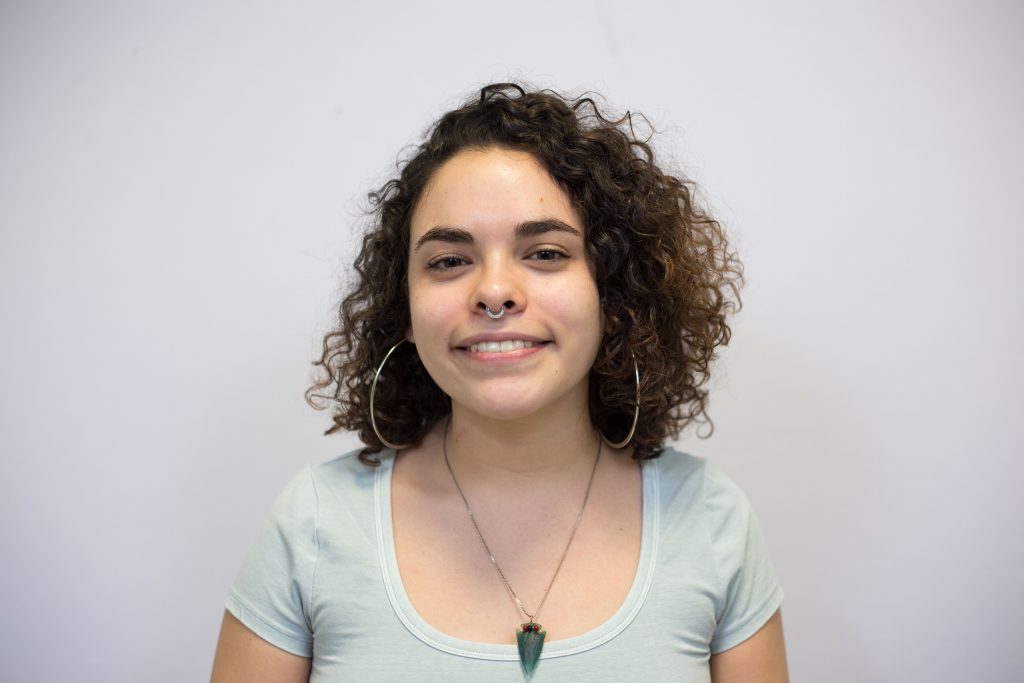
On Jan. 24, Pipe Dream printed an issue with the headline, “SHADES struggles with membership decline.” Chartered in 2011, SHADES is the only LGBTQIAP+ organization on campus that caters specifically to people of color. At first, I was excited to see the predominantly white staff of Pipe Dream push the conversation of an issue involving the multicultural community to the front page of their print issue. However, my enthusiasm quickly waned when I realized the poor coverage of the SHADES town hall and how important facts and discourse were left out.
This article only reaffirmed my awareness of the ways in which white-dominated spaces have the propensity to silence people of color and to disentangle themselves from revealing the injustice of white institutions, like Binghamton University.
The multicultural community on campus is a minority community. Our community has always struggled to gain prominence and recognition within an institution that likes to celebrate “diversity” while doing virtually nothing to address the problems students of color face.
With that said, the number of students who identify along the LGBTQIAP+ spectrum and are of color is an even smaller minority. I bring all of this up to counter this statement made in the article: “Despite the meeting’s specific focus on SHADES’ status, many attendees noted that the club’s current situation reflects a larger problem faced by many multicultural and LGBTQ clubs, including declining membership and greater competition among themselves. SHADES’ current situation can be partially attributed to its competition for membership with other organizations like the Rainbow Pride Union (RPU) and the Q Center.”
This was taken out of context. We never spoke about SHADES competing for membership with any of the aforementioned organizations at the town hall. Rather, we emphasized the importance of SHADES as it exists as a subgroup of all the multicultural organizations and RPU. We serve a very specific population — students of color who identify as LGBTQIAP+ or are in questioning. This is because gender and sexuality conflate with race in a unique way that exacerbates experiences of marginalization and stigma. Therefore, there is no need to compete. What we addressed in this town hall meeting was the critical status of SHADES, because there was both low membership and a lack of coordination between SHADES and the various multicultural organizations. We didn’t, as this article would imply, point fingers at any particular student-run organization or the greater culture of the multicultural community. However, there is a need for greater support within our community, which I am happy to say occurred within the weeks following this town hall.
The lack of membership or involvement doesn’t mean there is a lack of need. What I found to be the most demoralizing aspect of this article was the omission of critical discussion regarding the ways the BU administration and the Student Association historically and currently have disenfranchised the multicultural and LGBTQIAP+ communities. This disenfranchisement is inextricably related to the issues that have played out with both SHADES and the multicultural community as a whole.
For instance, the Multicultural Resource Center has been allocated less funding, especially within the most recent years since its original founding in 2002. In addition, the Q Center also faces threats to its existence by way of budget cuts, even though it was established in 2017. To see how much the University prioritizes the on-campus presence of these centers, all you have to do is see their locations in the basement of Glenn G. Bartle Library. It’s also important to note that both of these resource centers were birthed out of student activism and demand.
To be honest, the execution of the article in Pipe Dream did not surprise me. In retrospect, the writer who wrote the article probably didn’t take any of what I have previously mentioned into account. However, that’s not an excuse for the staff to have been so negligent. That is why publications like PRISM are so important, so that the narrative of the multicultural community is controlled by the multicultural community. In regard to SHADES, we aren’t going anywhere.
Kalissa Sawyer is the vice president of SHADES, the president of the Latin American Student Union and a senior majoring in human development.


